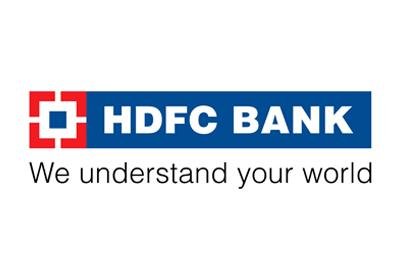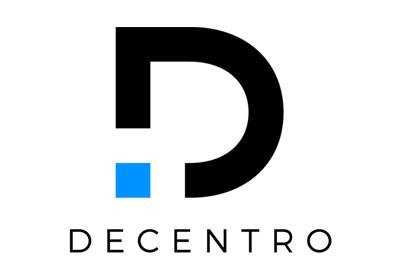Online real estate platforms typically feature a diverse range of properties, including residential apartments, villas, townhouses, commercial spaces (office, retail, industrial), and even land. Some platforms specialize in specific property types, such as student housing or vacation rentals, with offerings varying based on the platform and the targeted region or market.








